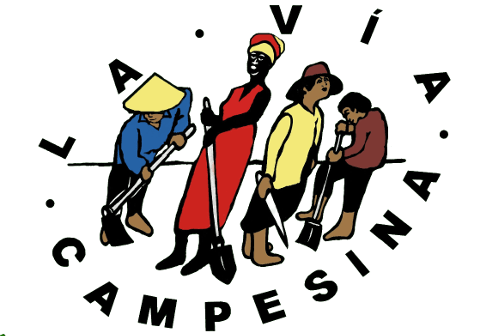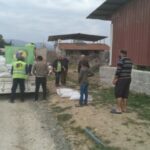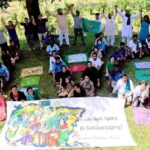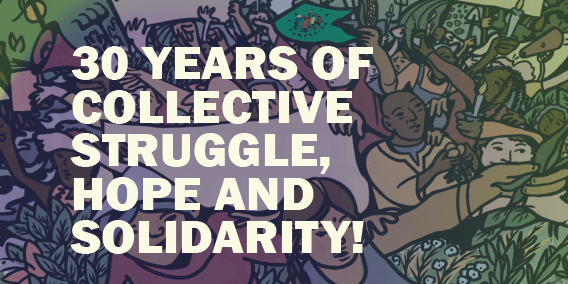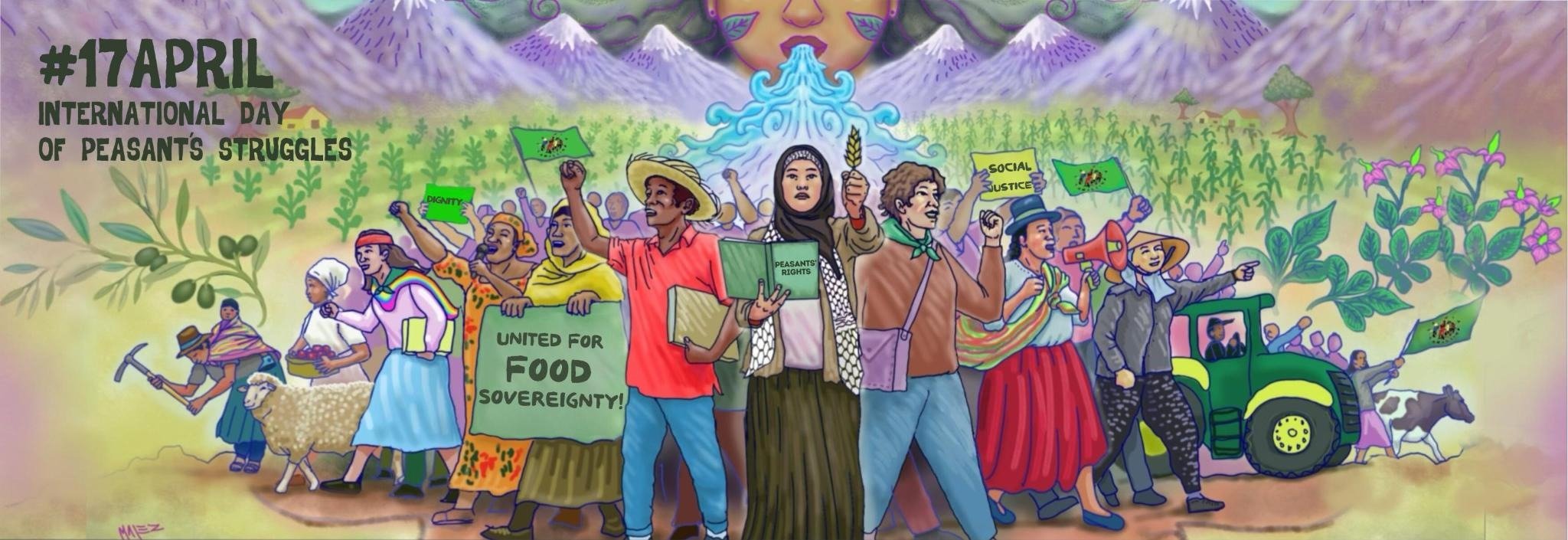The largest earthquake in Japanese recorded history hit the northeastern part of Japan on March 11th, 2011. The earthquake caused the huge tsunami that destroyed almost all the coastal towns and cities of northeastern Japan and also damaged 24,000 hectares of farmland. Moreover, the tsunami destroyed the cooling systems of Fukushima Daiichi Nuclear Power Plants leading to the explosion of three reactors. A never-before- experienced fear that “we might not be able to live in the northern area of Japan or even in the Tokyo area” passed through many people’s minds.
This fear also struck young farmers as they might have had to abandon their land if the contamination was found to be over the limit. In fact, many of the farmers in Fukushima were forced to give up farming due to the high level of radioactive contamination. This accident dispersed radioactive substances not just in Fukushima but all over Japan making producers anxious about growing crops outside and consumers anxious about purchasing domestically grown crops: the people in Fukushima barely buy their locally grown crops.
Just one accident did enormous damage to Japan’s food safety and food sovereignty. The sanchoku movement and agroecological movement that NOUMINREN has promoted for selling locally-grown crops and the sustainable use of locally-obtained materials for fertilizers/composts are no longer applicable in Fukushima and some other areas of Japan. This accident reversed the work of NOUMINREN.
Faced with such a situation, the NOUMINREN youth held a young farmers’ camp in the Wakayama prefecture (South of Japan) in August and discussed what we are going to do to overcome the situation. We also thought about what kind of society we want to live in in our future: either a Japan with the same level of convenience but the same level of risk of nuclear power or a Japan with less convenience but more sustainability with renewable energy (wind, water, wave, solar and so on). This discussion is important for us as we direct our future activities. Since an accident in one country’s nuclear power plant knows no borders and can affect the future of the whole of humankind, we concluded that we must work on this discussion with every single young person at every level: national, regional and international level.
Therefore, the committed role of NOUMINREN youth for the 4th regional youth assembly was also to tell Via Campesina youth, who are going to lead the social movement in our region, what the impact of the nuclear power plant accident will be on our food sovereignty. This was also an important opportunity to discuss what kind of energy society we, the youth, want to realize in our region.
NOUMINMREN—
